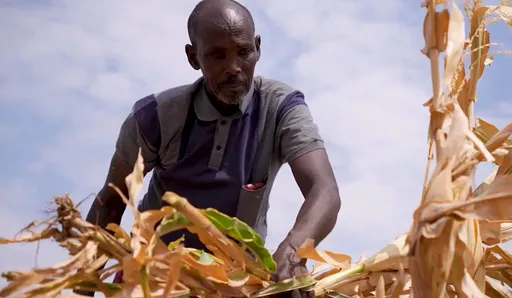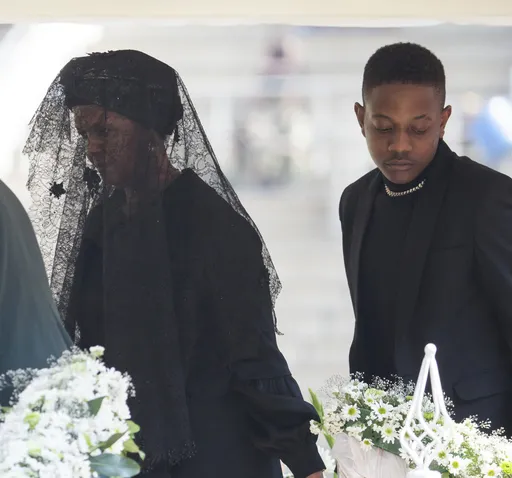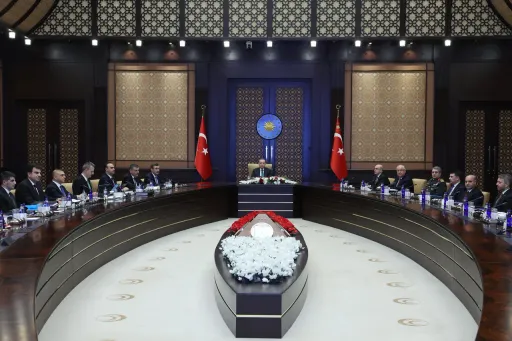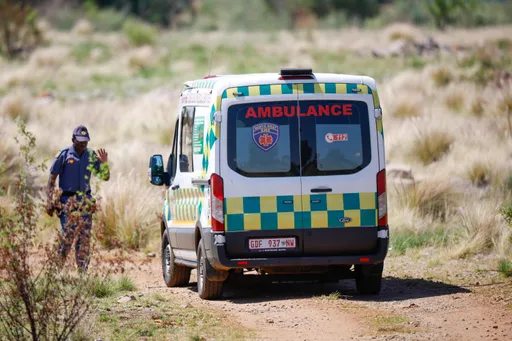By Dayo Yusuf
Twelve African countries held their elections in 2023. This was a show of democracy on the continent.
The continent's resilience has been tested over the years in many ways, making it stand stronger with more zest for change.
Africans have generally learnt to move on, proving the naysayers wrong through tangible action rather than retorts.
Recurrent conflicts
Africa still accounts for the highest number of internal conflicts in the world. According to UNHCR and the International Organisation for Migration (IOM), at least 40 million people on the continent have been displaced this year alone due to various issues, primarily conflicts.
Of these 40-odd million people, 77% are believed to be internally displaced. More than anything else, this unflattering statistic taints the efforts to repair Africa's image and strengthen democracy.
Most recent statistics released by IOM and UNHCR show at least 15 African countries embroiled in internal conflicts that have caused many people to flee their homes.
Sudan and the Democratic Republic of Congo have nearly 15 million people seeking refuge in neighbouring countries.
Sudan shocker
Although there were clashes and attacks dotting parts of Africa since the beginning of the year, the biggest shock was dealt on April 15.
Fierce fighting between the Sudanese Armed Forces and the paramilitary Rapid Support Forces resulted in the immediate displacement of over 3.3 million, including internally displaced people and refugees.
The conflict went on to become one of Africa's deadliest conflicts, with the death toll mounting with each passing day.
As of December, 12,000-odd people had been killed in the fighting, with another eight million left homeless. Multiple efforts at mediation between the warring sides have failed. Talks are ongoing to broker a lasting ceasefire.
DRC's woes
Mineral-rich DRC held elections on December 20 amid fears of continuing violence, especially in the East.
So far, at least 7.9 million people have been displaced either internally or as refugees in neighbouring nations.
Since gaining independence in 1960, the DRC has experienced persistent hostilities.
In 2022, a surge in violence in the eastern provinces of Ituri, North Kivu, and South Kivu exacerbated insecurity in the country, causing extensive internal displacement and substantial loss of life.
Over 100 militant groups have set up camps in the vast country, fighting for control of the country’s mines and natural resources. Previous governments have had little or no success in disarming these groups.
Ethiopia's burden
Although still counted among the African countries affected the most by conflict, Ethiopia has recently shown a decline in the number of people displaced by such depredations.
By the end of 2022, at least 1.8 million people had been displaced due to internal struggles in the Tigray area.
A ceasefire has since held out hope of easing tensions in other areas like the Oromia region, encouraging an estimated 1.2 million Ethiopians to return to their homes. However, recent reports of renewed fighting in Tigray and the need for more regional data leave the picture clear.
Other countries that have faced internal conflict leading to displacement on a massive scale are Somalia, Nigeria, Cameroon, Burkina Faso, Central African Republic, Mali, Chad and Niger.
Power tussles
As African countries renew their democratic vows, change of government is one of the most sensitive issues that have tested the essence of democracy on the continent.
Over the last three years, at least seven coups d’état have taken place in West Africa, with the latest being the August putsch in Gabon. This followed another coup in Niger a month earlier.
Deposed President Mohamed Bazoum of Niger was just two years into his term when the mutineers struck, ending the country's first peaceful, democratic transfer of power since independence from France.
The junta rulers have since been on a diplomacy shuttle, trying to get acceptance from the world. So far, only the governments of countries of the region headed by military rulers have welcomed them.
The other recent military takeovers on the continent were in Burkina Faso in 2022, Chad, Guinea and Sudan in 2021, and Mali in 2020.
These coups contributed to Africa's record of internal conflicts, although they have largely managed to avoid significant displacement of people. This could be because most coups in West Africa had the support of large sections of the populations.
As the world moves into a New Year, the need for open democracy in Africa is more than ever to infuse confidence in people that the leaders they elect can be trusted.
At least 18 more countries are set to hold elections in 2024. But will this reduce conflict on the continent? Will the people's voice be respected, and the leaders they elect be allowed to complete their terms?
As Bob Dylan would say, the answer is blowing in the wind.
➤Click here to follow our WhatsApp channel for more stories.























